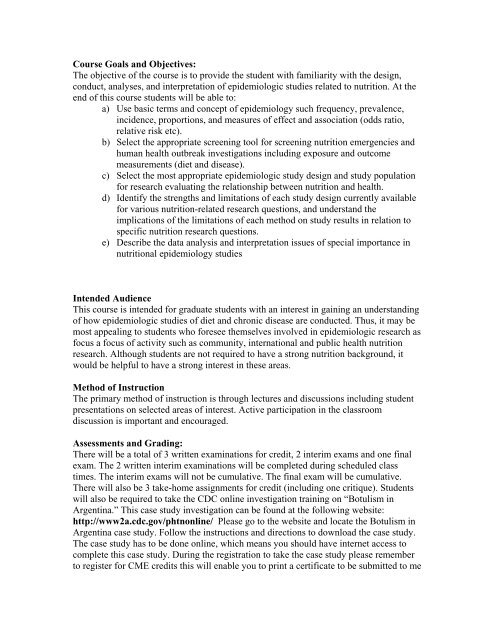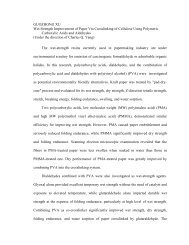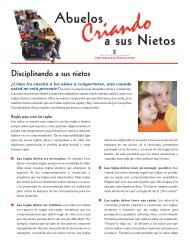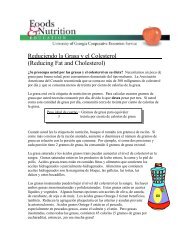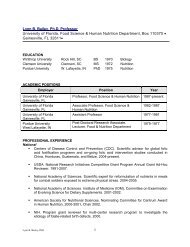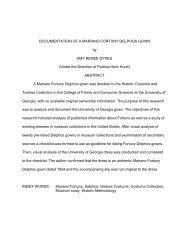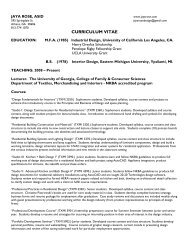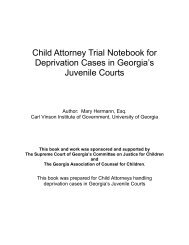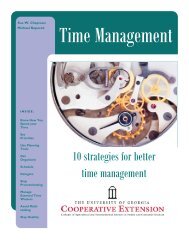FDNS(EPID) 7040: Nutritional Epidemiology
FDNS(EPID) 7040: Nutritional Epidemiology
FDNS(EPID) 7040: Nutritional Epidemiology
You also want an ePaper? Increase the reach of your titles
YUMPU automatically turns print PDFs into web optimized ePapers that Google loves.
Course Goals and Objectives:<br />
The objective of the course is to provide the student with familiarity with the design,<br />
conduct, analyses, and interpretation of epidemiologic studies related to nutrition. At the<br />
end of this course students will be able to:<br />
a) Use basic terms and concept of epidemiology such frequency, prevalence,<br />
incidence, proportions, and measures of effect and association (odds ratio,<br />
relative risk etc).<br />
b) Select the appropriate screening tool for screening nutrition emergencies and<br />
human health outbreak investigations including exposure and outcome<br />
measurements (diet and disease).<br />
c) Select the most appropriate epidemiologic study design and study population<br />
for research evaluating the relationship between nutrition and health.<br />
d) Identify the strengths and limitations of each study design currently available<br />
for various nutrition-related research questions, and understand the<br />
implications of the limitations of each method on study results in relation to<br />
specific nutrition research questions.<br />
e) Describe the data analysis and interpretation issues of special importance in<br />
nutritional epidemiology studies<br />
Intended Audience<br />
This course is intended for graduate students with an interest in gaining an understanding<br />
of how epidemiologic studies of diet and chronic disease are conducted. Thus, it may be<br />
most appealing to students who foresee themselves involved in epidemiologic research as<br />
focus a focus of activity such as community, international and public health nutrition<br />
research. Although students are not required to have a strong nutrition background, it<br />
would be helpful to have a strong interest in these areas.<br />
Method of Instruction<br />
The primary method of instruction is through lectures and discussions including student<br />
presentations on selected areas of interest. Active participation in the classroom<br />
discussion is important and encouraged.<br />
Assessments and Grading:<br />
There will be a total of 3 written examinations for credit, 2 interim exams and one final<br />
exam. The 2 written interim examinations will be completed during scheduled class<br />
times. The interim exams will not be cumulative. The final exam will be cumulative.<br />
There will also be 3 take-home assignments for credit (including one critique). Students<br />
will also be required to take the CDC online investigation training on “Botulism in<br />
Argentina.” This case study investigation can be found at the following website:<br />
http://www2a.cdc.gov/phtnonline/ Please go to the website and locate the Botulism in<br />
Argentina case study. Follow the instructions and directions to download the case study.<br />
The case study has to be done online, which means you should have internet access to<br />
complete this case study. During the registration to take the case study please remember<br />
to register for CME credits this will enable you to print a certificate to be submitted to me


